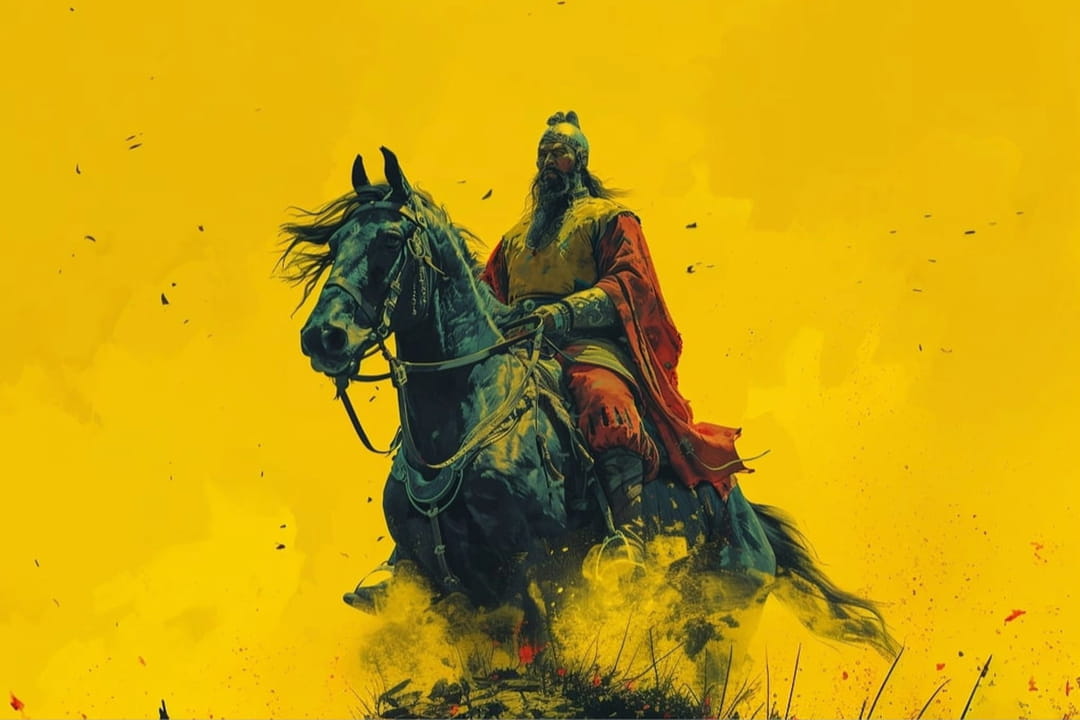This historical figure has no less than 35 million descendants in our time. And you may be one of them.
Over the centuries, each continent has seen many ambitious rulers who have dedicated their reigns to the conquest of new territories and the perpetuation of their lineage. And some have succeeded more than others in leaving their mark in History. A study revealed that around 35 million people in the world today are descendants of an illustrious historical figure. A tiny fraction of the approximately 8 to 9 billion human beings on Earth, but a very large family all the same.
Carried out in 2003, this study published in the American Journal of Human Genetics and carried out by British, Italian, Chinese and Uzbek researchers demonstrated that 8% of men in North Asia share the same Y chromosome. ‘explained the director of the study, Chris Tyler-Smith, to the Guardian, this would be due to a common ancestor, an illustrious leader who gave birth to more than 20,000 people during his conquests. At the global level, the results indicate that one man in 200, or 0.5% of the world population, is descended from the latter. This leads to a figure of 35 million people.
To explain this genetic and historical oddity, we must delve into Asia a few centuries ago. A continent which has experienced several great conquests, notably between the 16th century and the 18th century. An era marked by the domination of China by the Qing dynasty from 1644 to 1911 and, several centuries earlier, by the Mongol empire of Genghis Khan. This emperor, who reigned from 1206 to 1227, was at the origin of the largest empire in history which linked the Mediterranean Sea to the Pacific Ocean via Persia.

While traveling the world with his formidable soldiers, the Mongol conqueror gave birth to numerous children who in turn benefited from their father’s social status to continue their lineage. Which therefore makes Genghis Khan the common ancestor of a large part of the world’s population.
To arrive at these conclusions, the researchers examined blood samples from 2,000 men from Central Asia and focused on each Y chromosome in these samples. The Y chromosome is the genetic element that assigns male characteristics to an embryo. This chromosome is passed from father to son like a part of DNA. Chris Tyler-Smith detailed: “Y chromosomes belonging to different men vary slightly. One in 5,000 units of DNA is not the same. But when we looked at our results, we found a large group that did not have no difference”.
The idea that this genetic imprint was that of Genghis Khan was basically just a joke, launched by scientist Tatiana Zerjal. But further research ultimately established this explanation as the only possible one. Geography even came to confirm the genetic hypothesis, since the individuals from whom the samples were taken all live in areas that were part of the former Mongol empire. The biologist Evelyne Heyer explained to France Inter that the spread of Genghis Khan’s chromosome most certainly took place “for cultural, not biological, reasons.” A particularity of “patrilineal” societies, that is to say “societies where the status, the place of an individual in the group are transmitted only by the father” as she adds.
